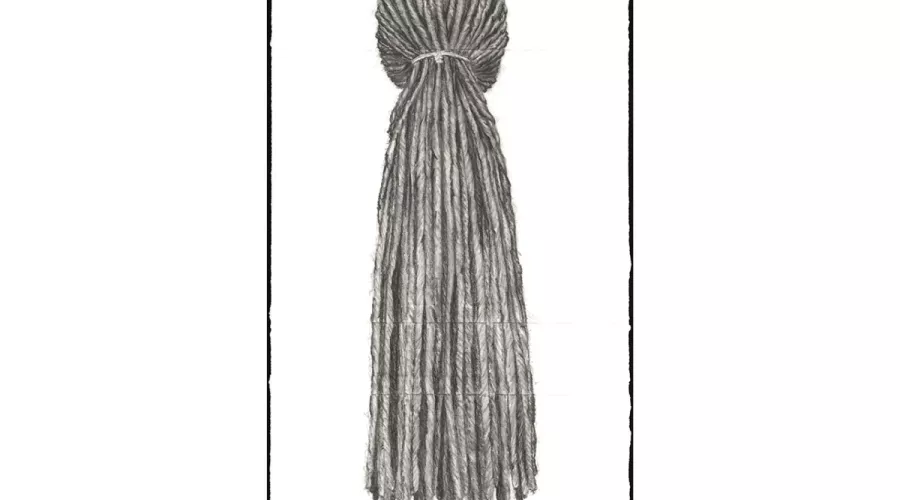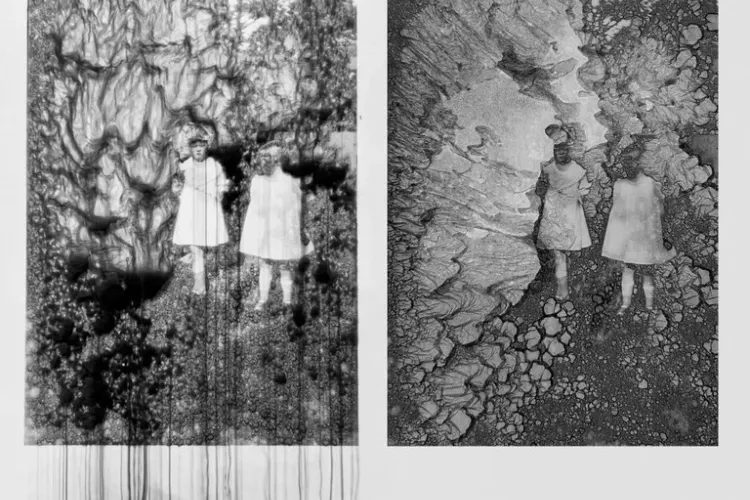2023-24 Bingham Faculty Fellows: Bodies and Embodiment
October 16, 2025
Bodies and Embodiment
The past few years have highlighted how certain bodies matter; how our embodied awareness shapes how we understand ourselves, our environment, democracy, economy, health care, culture, joy, etc; and, how historical and cultural forces transform, elevate, or even erase certain types of bodies and/or embodiments. These assertations raise questions about what we learn as we attend to how bodies and embodiment are entangled in larger forces.
V. Joshua Adams, English
Project—Skepticism and Impersonality in Modern Poetry: Literary Experiments with Philosophical Problems
"I will be completing a book on what T.S. Eliot described as the "impersonal" ideal of modern poetry, its attempt to disavow or transcend the connection between poems and persons. I treat impersonality as a formal experiment aimed at defying varieties of skepticism: about the publicity of first-person experience, about other minds, about language, and about the self. Approaching modern poetry in this way offers us a theoretical defense of our practical interest in literary texts."
Reading List:
- In Quest of the Ordinary, by Stanley Cavell
- The Words of Selves, by Denise Riley
- The Constitution of Selves, by Marya Schechtman
- Theory of the Lyric, by Jonathan Culler
- Impersonality: Seven Essays by Sharon Cameron
Katie Kleinkopf, Comparative Humanities
Project—Beyond the Body: Asceticism and the Fight for (Il)Legibility in Late Antique Christianity
"My book manuscript examines the lives of ancient Christian ascetics from North Africa and the Middle East, who spent most of their lives encased within huts, tombs, or even the hollows of trees. While hagiographers physically pulled these holy people out into the open to gaze nakedly upon their flesh, this project challenges scholars to acknowledge that this body represents not the historical person of the ascetic but the patriarchal and linguistic figuration of the author himself. Resisting the urge to violently render the abstract legible, I argue that we must return the ascetics to their abodes, allowing them to glitch once more as they reveal the precarious instability of late ancient systems of embodiment."
Reading List:
- Legacy Russell, Glitch Feminism: A Manifesto
- Roland Betancourt, Byzantine Intersectionality: Sexuality, Gender, and Race in the Middle Ages
- Édouard Glissant, Poetics of Relation
- Virginia Burrus, The Sex Lives of Saints: An Erotics of Ancient Hagiography
- Nirmal Puwar, Space Invaders: Race, Gender and Bodies Out of Place
Yuxin Ma, History and Women's, Gender, and Sexuality Studies
Project—Nation, Market, and Femininity: Chinese Sportswomen in the Economic Reform Era
"[My] project investigates how elite women athletes managed, deployed, and perceived their bodies both under and against the state sports administration, integrating their personal understanding of their bodies into enjoying their sport and mastering the technology of femininity to perform proper sex roles. The project argues that in sports, women athletes experienced empowerment through an inner process that conditioned their sense of freedom or choice and that some sports offered women a realm to express feminine appreciation of energy and creativity rather than strength and domination."
Reading List:
- M. Ann Hall, Feminism and Sporting Bodies: Essays on Theory and Practice. Human Kinetics, 1996.
- Precilla Y.L. Choi, Femininity and the Physically Active Woman, Routledge, 2000.
- Ellen Strauowsky, Women and Sport: A Continuing Journey from Liberation to Celebration. Human Kinetics Publishers, 2016.
- Susan Brownell. Training the Body for China: Sports in the Moral Order of the People’s Republic. The University of Chicago Press, 1995.
- Susan K Cahn, Coming On Strong Gender and Sexuality in Women's Sport. University of Illinois Press, 2015.
Natalie Polzer, Comparative Humanities
Project—The Domesticization of the Dead: Cemetery Practices in Contemporary Palermo, Sicily
"Ideologies of family and communal memory will be explored through research and participation-observation fieldwork on funerary practices and subsequent commemoration in contemporary Palermo, Sicily. These practices involve what I call the “domesticization” of cemetery space that makes the individual dead and the graves that they occupy an extension of the domestic home of the immediate and extended family that they left behind. The practices involve both the structure and position of the grave itself as well as competitive displays of grave goods and social and commemorative practices during grave visitation. I observed a striking example of one such practice in previous fieldwork -- a small girl brought on a visit to her grandmother's grave was instructed by her mother how to "talk to grandma" through the stone grave slab. Since I cannot travel to Palermo until May 2024, I will begin the project with qualitative interviews in Louisville regarding cemetery visits and commemoration practices in Louisville’s Catholic and Jewish cemeteries. Interesting comparative results involving cemetery practices in southern Italy and religious communities in the contemporary USA may result from this initial research project stage."
Reading List:
- Cornell, P. (2004). Social identity, the body and power. In F. Fahlander & T. Oestigaard (Eds.), Material culture and other things: Post-disciplinary studies in the 21st c. (pp. 57-92).
- Fahlander, F. & Oestigaard, T. (Eds.) (2008). The materiality of death: Bodies, burials, beliefs. Oxford: Archaeopress.
- Hallam, E. & Hockey, J. (2001). Death, memory and material culture. Oxford: Berg.
- Laqueur, T. (2015). The work of the dead: A cultural history of mortal remains. Princeton, NJ: Princeton University Press.
- Oestigaard, T. (2004). Death and ambivalent materiality: Human flesh as culture and cosmology. In T, oisstgaardm B, /abfubsetm & T. Saetersdal (Eds.), Combining the past and the present: Archaeological perspectives on society. Oxford, UK: Archaeopress.
Olivia Schuman, Philosophy
Project—Compassionate Transfer: An Alternative Method for Disposing of Excess Embryos
"Patients who use IVF and end up with more embryos than they need for creating their family are faced with a potentially troubling question of how to dispose of their “potential children,” feeling undecided or unsatisfied with the available options of laboratory disposal or donation to others. A lesser-known alternative called “compassionate transfer” is a procedure that implants the remaining embryos within the patient during an infertile window so that the embryo will be lost through a natural process of reabsorption into the body. My project will explore the ethical dimensions of this practice, emphasizing the role that symbolic gestures and notions of respect play in the decision to elect compassionate transfer."
Reading List:
- [Forthcoming]
Marc Tamarit-Galdon, Classical and Modern Languages
Project—Beyond the Bodies of LGBTQIA+ Medical Interpreters: Reflecting on Discrimination and the Perception of Self
"[My] study aims to expand our knowledge of interpreters with marginalized identities while also bringing to light interpreters’ experiences and making the data available for further study and, eventually, incorporate the information into the training of future interpreters, to improve their professional lives and the lives of the people for whom they interpret."
Reading List:
- [Forthcoming]



